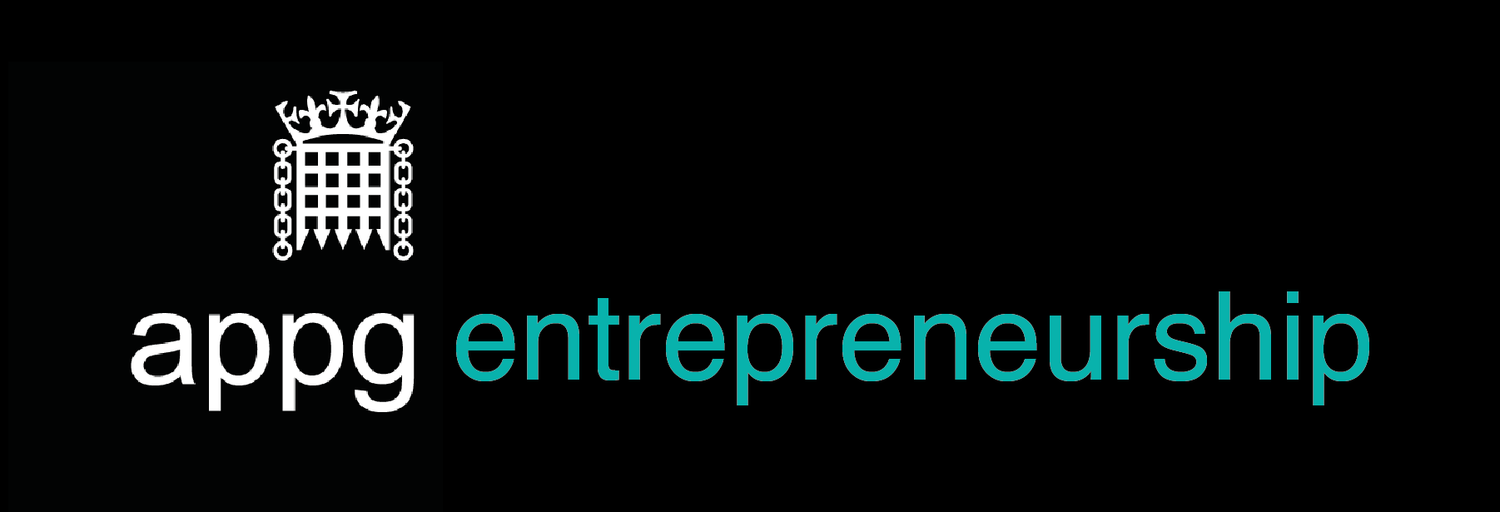Please note:
- This Call for Evidence is designed to be answered by people/organisations with experience and/or expertise in this policy area.
- Answers will form the basis for a report that will be published later in the year by the APPG for Entrepreneurship.
- The aim of the report is to inform and influence policymakers.
- This work is sponsored by Santander Universities UK. The research and writing of this publication is independent and will be undertaken by The Entrepreneurs Network.
- Please don't feel compelled to answer all the questions. We would much prefer a detailed answer to one part of one question, rather than brief answers to all the questions.
- Download a PDF of the questions here.
- The deadline for submissions is 28th February 2018. Please send though answers and any queries to philip@tenentrepreneurs.org.
NB. For the purposes of this Call for Evidence, Enterprise Education is defined in the broadest sense, including the skills and mindset necessary for employers. Entrepreneurship Education is defined as learning the skills to start a business, including, but not limited to, the support to start a business while at university.
1. Current Policies
a) What are the current policies in place to support Enterprise Education at universities?
b) What are the current policies in place to support Entrepreneurship Education at universities?
c) What is the most compelling evidence of Enterprise Education and Entrepreneurship Education resulting in positive and/or negative outcomes?
d) Does the Government offer enough clarity about what it wants universities to deliver?
e) To what extent does the Government offer the right incentives for universities to deliver Enterprise Education and Entrepreneurship Education?
f) Should funding be more closely aligned to outcomes? If so, which outcomes?
2. Policy in Practice
a) Are there examples of universities doing a particularly good job of delivering Enterprise Education and/or Entrepreneurship Education and what role has Government policy played in this
b) What hinders more entrepreneurial activity taking place within universities (e.g. Careers advice)?
c) Is there evidence that Enterprise Education and/or Entrepreneurship Education feeds into enhancing employability? How are they valued and their impact evidenced?
d) Which countries have the best polices in place to support universities through Enterprise Education and/or Entrepreneurship Education, and what are those policies? What is the evidence that these policies have positive outcomes? Which lessons are most applicable to the UK?
3. Before University
a) What is the role of primary and secondary education in preparing students to engage with enterprise education at university? And what role does/should Government policy play in this? Is it too late by the time that students arrive at university to intervene?
b) What outreach or other activities do universities undertake to support enterprise education at primary/secondary level?
c) Are you aware of any good practice models adopted elsewhere that we can learn from?
4. Focus
a) To what extent should the Government encourage universities to support Enterprise Education and Entrepreneurship Education? Are there specific cohorts – e.g. type on students, university, departments, geography etc. – where focus will lead to better outcomes (define outcomes)?
b) How do the different objectives Enterprise Education and Entrepreneurship Education (i.e. building enterprising competencies and building businesses skills) interrelate? When does it work well and how could it work better?
5. Policy Ideas
a) Over the years, there have been a lot of research/recommendations around Enterprise Education and Entrepreneurship Education. What are the key recommendations – either from within Government or externally – that the Government has yet to implement?
b) To what extent are you in agreement with the policy recommendations of key reports into Enterprise Education and/or Entrepreneurship in universities (e.g. Enterprise for All, An Education System fit for an Entrepreneur, EntreComp: The Entrepreneurship Competence Framework et al.)?
c) Which key policy recommendations from key reports have yet to be taken up would you most like to see implemented/trialled?
d) Which key policy recommendations that have yet to be taken up would you prefer remained unimplemented?
a) How successful have governments been as convenors for supporting Enterprise Education/Entrepreneurship Education in universities?
b) Are there any good examples of successful private sector interventions and is there a role for Government in supporting these?
c) Are there any reforms that could ensure we get better data about what is going on within universities?
d) Are students most engaged with Enterprise Education and Entrepreneurship Education representative of the student population? If not, how should we address imbalances?
e) Is there any further evidence that we should be aware of?

